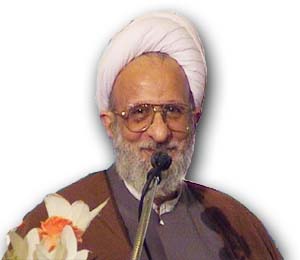What is history?
This is a question that is rarely if at all asked outside of first year undergraduate history classes and even then the question is given scant attention. Yet this is far more than a abstract philosophical question - history largely defines us - it goes along way to forming our preconceptions in life.
George Orwell famously said "He who controls the present, controls the past. He who controls the past, controls the future." Orwell's observation abounds with clarity, it is exactly so. History is on one level propaganda; an interpretation of the past, used to mirror the present, to some political end, whether that end be Machiavellian or not. This politically engineered history profoundly effects the present.
Another form of history is social collective history. The history that a society or nation believes to be true and uses to define cultural and societal attitudes. This is somewhat different form politically engineered history in that it is not artificially engineered to some political end; it evolves and becomes something which is pervasively believed.
There is however an interdependent relationship between the two, which of course, is what Orwell is alluding to.
Then there is our personal history: that which we recall of our past and that which we have been taught about our past. In short, our perception of who and what we are and the foundation of our beliefs and values. Just as collective history goes to the heart of who we are as a society, personal history goes to the heart of who we are as individuals - it forms a large part of who we think we are.
History as an academic discipline - the least interesting of all forms of history - can subdivided into scientific history and interpretative history, although the two are inextricably linked, since scientific history alone is usually to vague to be meaningful.
Scientific history is based upon inference from empirical evidence and logically deductible conjecture, whereas interpretative history goes beyond this and seeks to makes sense of history. Only a fool would mistake academic history for truth - and there are many such fools, many of whom are University professors and lecturers.
Here is where academic History should differ from personal history and collective history, academic history is an interpretation of the past, whereas collective and personal history are perceived truths.
This brings us to our penultimate form of history: folklore or myth. History has always existed not only to inform but to entertain. The noble art of oral story telling is sadly in decline in the West but the art remains alive in the cinema. More people in Britain will have watched Oliver Stone's Alexander than have read Arrian's "Anabasis Alexandri".
Finally there is essential history or the belief that history has a raison d'être. In short, essential history is the religious view of history, although Marxist history is an example of where secularist have adopted this approach too. Essential history tends to pervade all other forms of history, although often this goes unnoticed








No comments:
Post a Comment